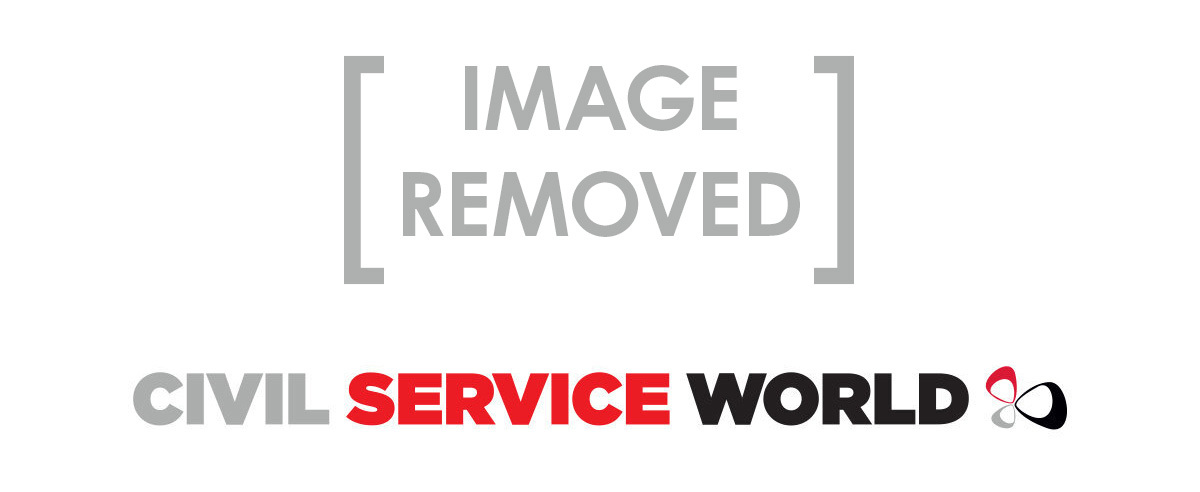People tend to remember their first encounter with Peter Levene. I certainly do. It was in his office in the Ministry of Defence in the late 1980s. My excellent BBC Radio 4 producer Mark Laity and I went to see him as part of a documentary we were making on defence procurement. We were briefed up to the eyeballs. We needed to be. As chief of defence procurement, Peter exerted a force field all his own. He didn’t waste a word (he still doesn’t) and he expected you to be terse and to the point as well.
He had been recruited by Michael Heseltine – another businessman with real “push and go”, as Lloyd George liked to describe his extra-Whitehall recruits – before Heseltine resigned as secretary of state for defence over his disagreements with Mrs Thatcher about the future of the Westland helicopter company. (Michael was and remains a great Lloyd George fan.)
Shortly after meeting Peter I penned a portrait of him in my Whitehall book. “His experience was rich, his drive singular and his aptitude for the pursuit of value for money remarkable. Once in the job his zest for competitive tendering won reluctant plaudits from defence contractors whose profit margins had suffered at his hands.”
The memoir is the man. The pages of Send for Levene brim with his character, his brio and his willingness to help out when crown service or wider public service calls. He gives fixers a good name. If there’s a deal to be done, he does it. In 1986, for example, in a single phone call to Seattle he managed to wrest another £40m off Boeing as part of a contract to make radar early warning aircraft for the RAF. Maybe Brexit should have been outsourced to him.
Peter is a meritocrat to his last fibre. He traces vividly his upbringing, his progress as a classic post-war scholarship boy through school and university then into the business world where he built up unstoppable momentum in the world of defence industries at United Scientific Holdings.
Later Peter shone in banking, insurance and the City Corporation on becoming Lord Mayor of London. Completing a combination rare in the UK of polymathic accomplishments in manufacturing, money and state service. As a result, a deep question lurks in these pages. Why in peacetime does Britain grow so few Peter Levenes with this width of capability and experience?
“In a single phone call to Seattle he managed to wrest another £40m off Boeing”
The country did so in World War II when defeating Hitler required Whitehall to bring in a swathe of accomplished figures from both industry and the universities such as Edwin Plowden and Oliver Franks – who remained invaluable in-outers in the early post-war years, not least as chairmen of royal commissions and committees of enquiry.
Later generations have produced relatively few, Derek Rayner (of Marks & Spencer) and Peter being notable exceptions. Both of them served for a time as efficiency advisers to prime ministers (Rayner for Margaret Thatcher; Peter for John Major. Rayner had also run defence procurement for Ted Heath).
The quality of government could only benefit from more of them. Perhaps we need a British version of the fabled École Nationale d’Administration in Paris to nurture such professional all-rounders. If a future PM could be so persuaded for whom should he or she send to design it? I’ll give you one guess. Lord Levene of Portsoken.
 ❱ Send for Levene
❱ Send for Levene
❱ By Peter Levene
❱ Nine Elms Books